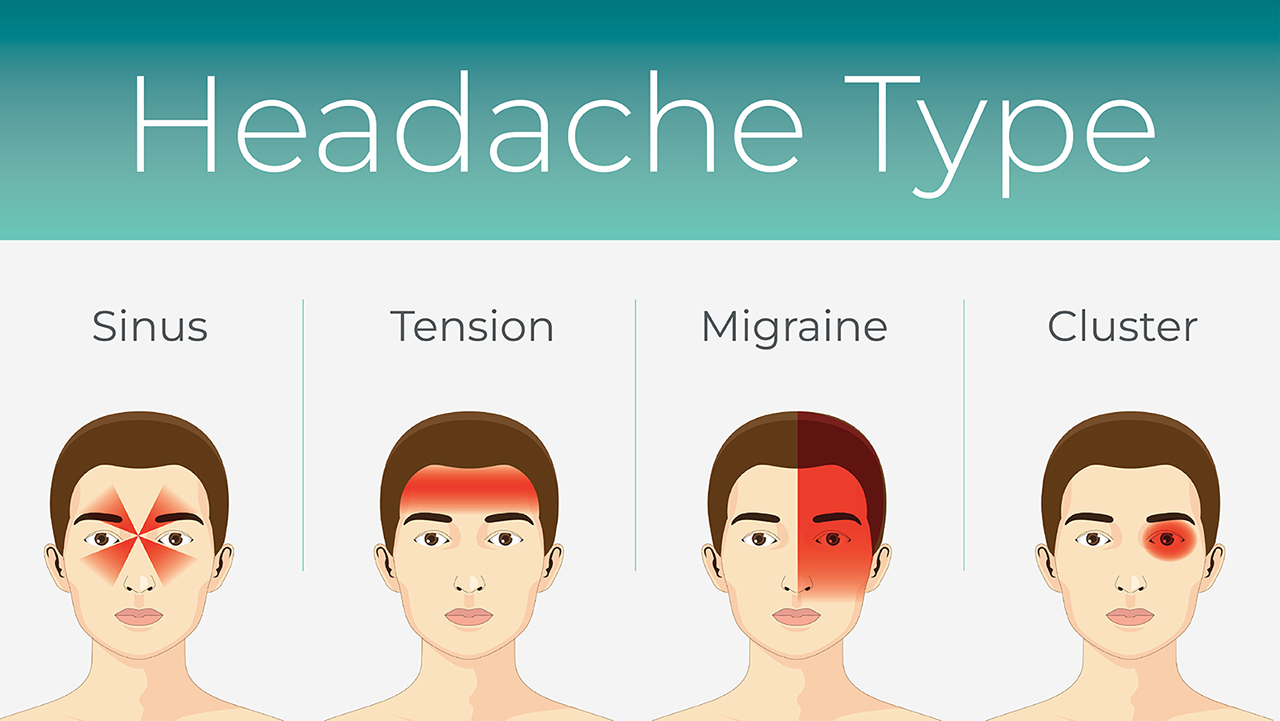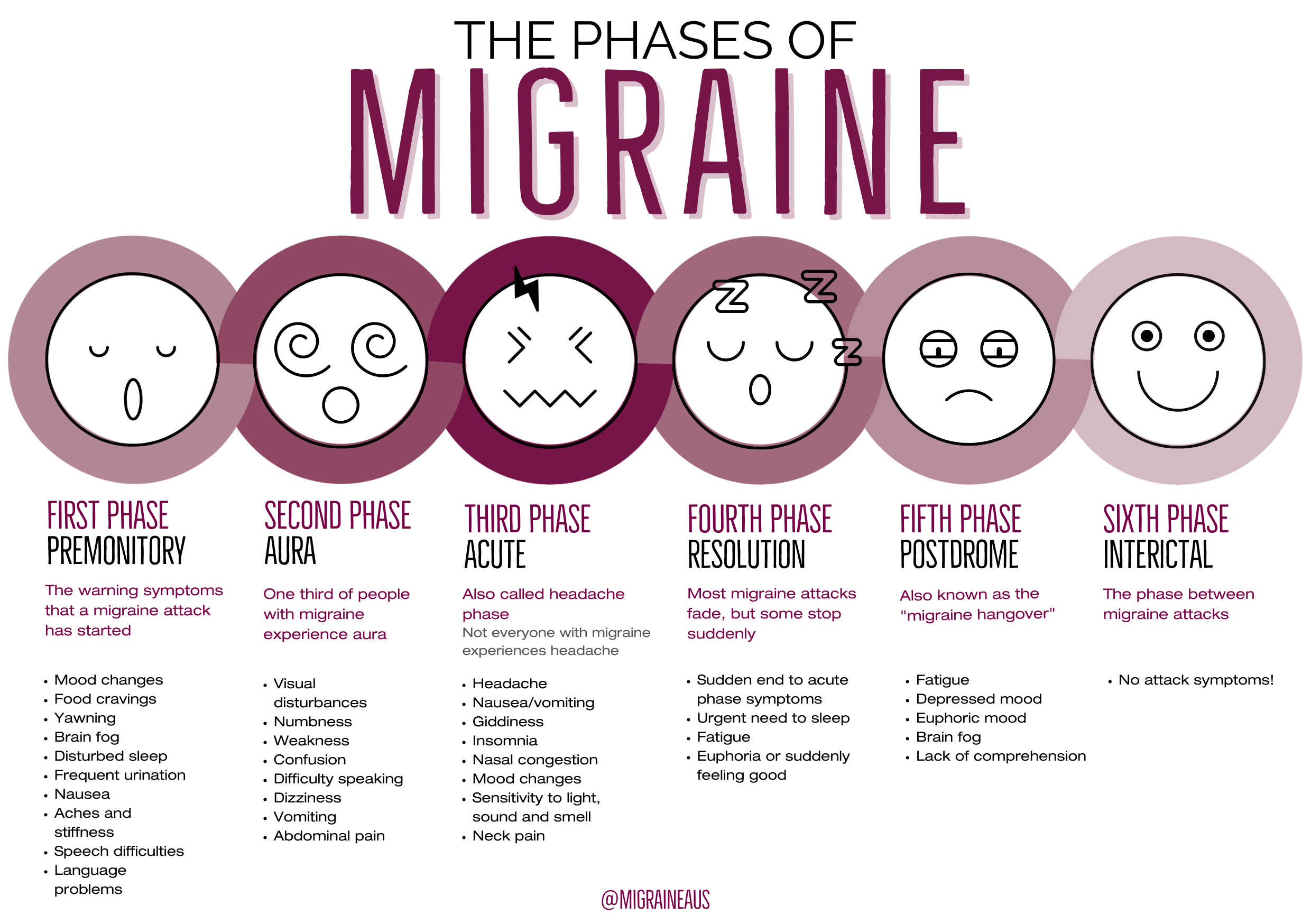Migraine is a common but serious neurological disease characterized by recurrent moderate to severe headaches often in association with a number of autonomic nervous system symptoms.
Migraine is a kind of headache that needs care and awareness
Migraines are often described as throbbing headaches. They may be accompanied by nausea, vomiting, and extreme sensitivity to light and sound. The pain of migraine has been described as intense throbbing or pulsing, usually on one side of the head.

Migraine is one of the most prevalent disabling health disorders in the world, and is more than simply "bad headache". Migraine can also occur in children, although it tends to be more frequent in women than men.
The majority of migraine attacks occur without aura (formerly called common migraine). An aura is a collection of symptoms that occur before or along with a migraine attack. Aura can cause disturbances in your vision, sensation, or speech.
Because an aura can begin before a migraine attack starts, it can often be a warning sign that one is coming.
An aura typically begins about an hour before migraine pain starts and lasts less than 60 minutes. Not all migraine attacks involve an aura. Not all patients experience an aura before the headache phase.

Most migraines go away on their own, but some require medicine.
Emotional stress, smoking, alcohol consumption and certain foods(caffeine, alcohol, artificial sweeteners, chocolate, frozen foods, fermented foods) may trigger migraines.
TREATMENT
Treatment for migraines can involve a combination of prescription and over-the-counter (OTC) medications and alternative remedies.
For occasional headache or migraine pain, you can take OTC medications like Excedrin Migraine to relieve pain.
PREVENTION
- eating regularly and never skipping meals
- limiting your caffeine intake
- getting plenty of sleep
- reducing the stress in your life by trying yoga, mindfulness, or meditation
- limiting the amount of time you’re looking at bright lights, or are in direct sunlight, which can both cause sensory migraine
- taking frequent “screen breaks” from television, the computer and phone screens.
Thanks for reading.